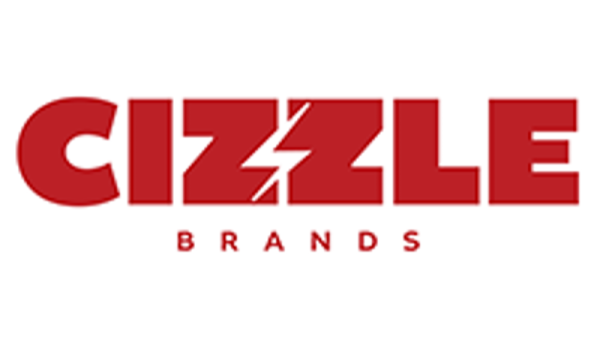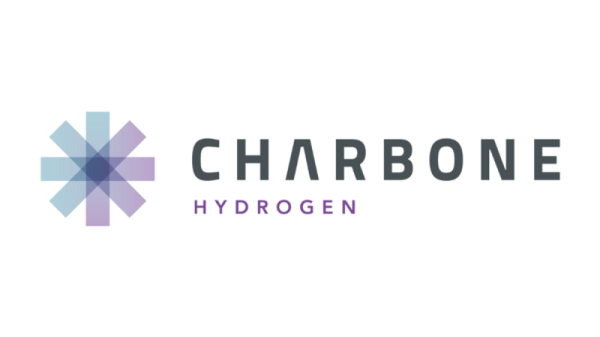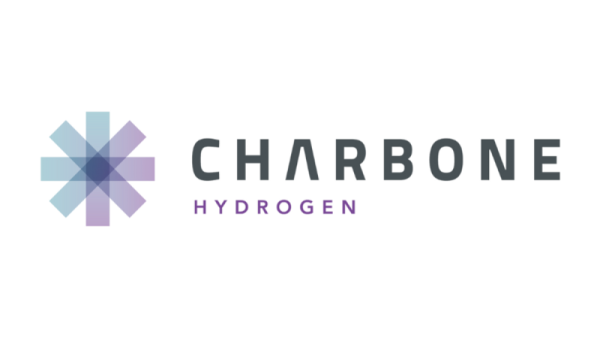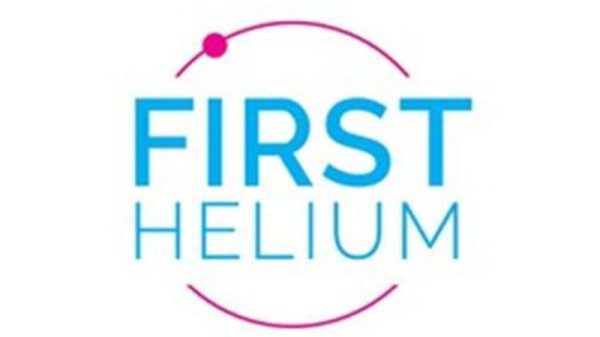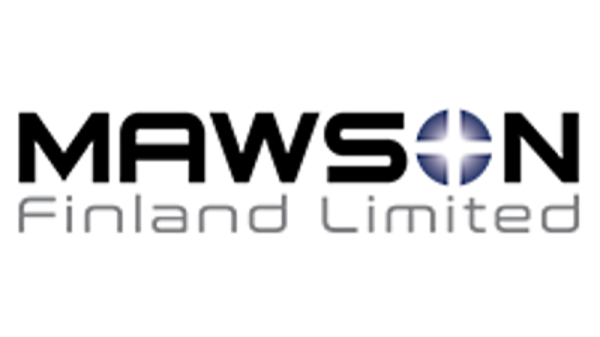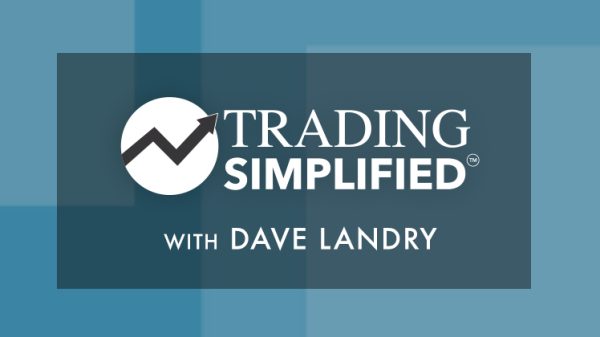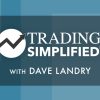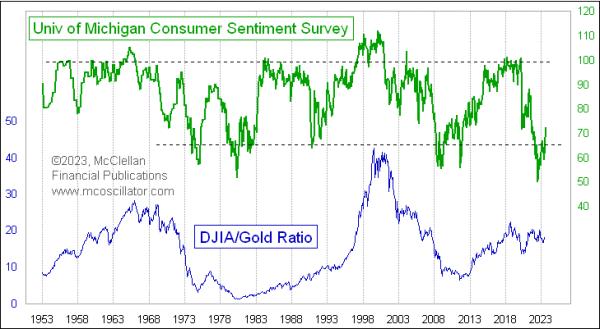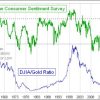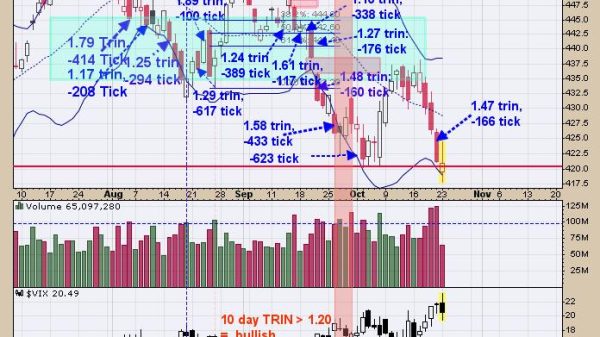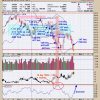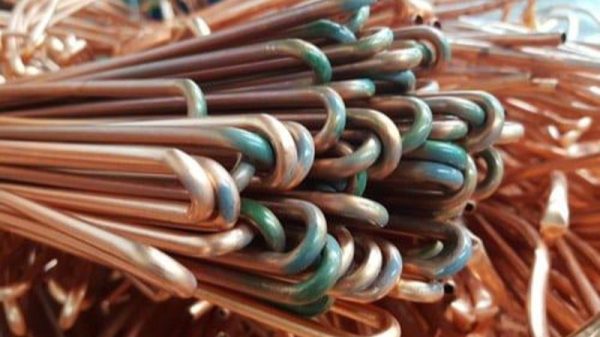The S&P/TSX Venture Composite Index (INDEXTSI:JX) gained 5.72 points this past week to close at 556.95.
The US Federal Reserve’s first meeting of the year took place during the period, with the central bank deciding to hold rates at the current level of 5.25 to 5.5 percent. Chair Jerome Powell said in a press conference that the Fed doesn’t want to cut rates until it has greater confidence that inflation is “moving sustainably down” to its 2 percent target.
When asked what the Fed would need to see to gain confidence, Powell responded by saying, “Implicitly we have confidence, we want to get greater confidence.” Citing strong data from the past six months, he indicated that officials want more data to ensure that what the Fed has been seeing isn’t a false signal that inflation is coming down.
These remarks dashed analysts’ hopes that rates will begin to come down when the Fed next meets in March, and increased predictions that the first reduction will instead happen in June.
Across the border, Statistics Canada released GDP numbers for November 2023 on Wednesday (January 31). The report states that mining, quarrying and oil and gas extraction increased by 0.3 percent month-on-month. This was largely in balance, with oil and gas increasing 1.5 percent and mining and quarrying decreasing by 1.3 percent.
Metal ore mining in Canada contracted 2.2 percent in November, posting its largest decline of the year. On a more granular level, copper, nickel, lead and zinc led the way with a decline of 7.1 percent, which Statistics Canada attributes to limited production due to maintenance activity at a mine in BC. Gold and silver mining were also down 3.1 percent.
Against that backdrop, how have TSXV-listed mining and energy stocks fared this past week? Read on to learn about the five top gainers during the period and what’s been moving their share prices.
1. DFR Gold (TSXV:DFR)
Weekly gain: 66.67 percent; market cap: C$11.81 million; current share price: C$0.075
DFR Gold is a gold exploration and development company focused on operations in West Africa.
It is currently working on four assets at various stages. Its Burkina Faso-based Cascades project, formerly called Labola, is the most advanced, with more than 65,000 meters of historic drilling completed at the site. In December 2021, the company announced a maiden resource for the site, reporting indicated and inferred quantities of 635,000 ounces of gold. DFR owns 80 percent of the project, with Panthera Resources (LSE:PAT) holding the remaining 20 percent.
The company’s other assets consist of: the Kalaka project in Mali, which contains 45 kilometers of prospective strike, with the potential for a large gold deposit based on historic drilling results; the Gurara joint venture project in Nigeria, which is comprised of four licenses, and the Beravina zircon project in Madagascar.
DFR has not released any news in the past week.
2. Electric Metals USA (TSXV:EML)
Weekly gain: 45.45 percent; market cap: C$24.78 million; current share price: C$0.16
Electric Metals is a manganese and silver development company with properties in the US. Its flagship asset is the Emily manganese project located west of Duluth, Minnesota. A December 2022 report shows Emily has an indicated resource of 5.69 million metric tons (MT) grading 19.2 percent manganese and 23.02 percent iron, and an inferred resource of 777,777 MT grading 22.48 percent manganese and 22.15 percent iron at a cut off of 10 percent.
The company has not released any news since November 2023, when it entered into an option and acquisition agreement for the sale of its Nevada silver assets to Altair Resources (TSXV:AVX,OTC Pink:AAEEF).
3. Lumina Gold (TSXV:LUM)
Weekly gain: 45.45 percent; market cap: C$195.45 million; current share price: C$0.53
Lumina Gold is a precious and base metals exploration and development company that is focused on the Cangrejos gold and copper project located in Southwest Ecuador. The site covers 6,374 hectares, and in a prefeasibility study from April 2023, the company reports probable gold reserves of 11.6 million ounces. Cangrejos’ estimated annual production stands at 371,000 ounces of gold and 41 million pounds of copper over a 26 year mine life.
The company rose this past week after it announced on Monday (January 29), that it has appointed Ausenco Engineering to lead a feasibility study for Cangrejos, with the expectation that the study will be completed in H1 2025.
4. Sun Peak Metals (TSXV:PEAK)
Weekly gain: 43.75 percent; market cap: C$27.00 million; current share price: C$0.345
Sun Peak Metals is a gold and copper exploration company with operations in Northern Ethiopia. Its flagship Shire project is comprised of four exploration licenses over an area of 900 square kilometers.
The company has identified more than 20 gold and copper targets at the site and commenced drilling at the property in 2020. A mineral resource estimate based on initial drill samples shows indicated and inferred quantities of 165.86 million pounds of copper, 283,000 ounces of gold, 4.05 million ounces of silver and 204.33 million pounds of zinc.
The company saw share price gains this week, but has not released any news.
5. Silver Mountain Resources (TSXV:AGMR)
Weekly gain: 33.33 percent; market cap: C$22.83 million; current share price: C$0.10
Silver Mountain Resources is a silver explorer and developer with operations in Peru’s Huancavelica province.
The company’s primary asset is the historic Reliquias mine, which hosts a 2,000 MT per day concentrator plant. The most recent exploration results from the site, released in November 2023, highlight grades of 492 grams per MT silver, 1.05 percent lead, 2.38 percent zinc and 0.09 percent copper over 2.55 meters with an intersection of 2,558 grams per MT silver, 6.37 percent lead, 16.49 percent zinc and 0.41 percent copper.
On Wednesday, Silver Mountain announced bulk concentrate recoveries for the project of 88 percent silver, 75 percent gold, 93 percent lead, 84 percent zinc and 91 percent copper. It also reported bulk concentrate grades of 47.8 ounces per MT silver, 3.7 grams per MT gold, 38.2 percent lead, 58.6 percent zinc and 7.2 percent copper
The company said it is pleased with the values, noting that they represent higher-than-average-quality zinc concentrates and grading than are being produced elsewhere in Peru. Silver Mountain is working on preparing a preliminary economic assessment for the asset and is planning to restart production in the first half of 2025.
FAQs for TSXV stocks
What is the difference between the TSX and TSXV?
The TSX, or Toronto Stock Exchange, is used by senior companies with larger market caps, while the TSXV, or TSX Venture Exchange, is used by smaller-cap companies. Companies listed on the TSXV can graduate to the senior exchange.
How many companies are listed on the TSXV?
As of September 2023, there were 1,713 companies listed on the TSXV, 953 of which were mining companies. Comparatively, the TSX was home to 1,789 companies, with 190 of those being mining companies.
Together the TSX and TSXV host around 40 percent of the world’s public mining companies.
How much does it cost to list on the TSXV?
There are a variety of different fees that companies must pay to list on the TSXV, and according to the exchange, they can vary based on the transaction’s nature and complexity. The listing fee alone will most likely cost between C$10,000 to C$70,000. Accounting and auditing fees could rack up between C$25,000 and C$100,000, while legal fees are expected to be over C$75,000 and an underwriters’ commission may hit up to 12 percent.
The exchange lists a handful of other fees and expenses companies can expect, including but not limited to security commission and transfer agency fees, investor relations costs and director and officer liability insurance.
These are all just for the initial listing, of course. There are ongoing expenses once companies are trading, such as sustaining fees and additional listing fees, plus the costs associated with filing regular reports.
How do you trade on the TSXV?
Investors can trade on the TSXV the way they would trade stocks on any exchange. This means they can use a stock broker or an individual investment account to buy and sell shares of TSXV-listed companies during the exchange’s trading hours.
Data for this 5 Top Weekly TSXV Performers article was retrieved at 1:00 p.m. PST on February 2, 2024, using TradingView’s stock screener. Only companies with market capitalizations greater than C$10 million prior to the week’s gains are included. Companies within the non-energy minerals and energy minerals were considered.
Article by Dean Belder; FAQs by Lauren Kelly.
Securities Disclosure: I, Dean Belder, hold no direct investment interest in any company mentioned in this article.
Securities Disclosure: I, Lauren Kelly, hold no direct investment interest in any company mentioned in this article.

